Highlights
📌 IT feels overwhelming because knowledge is scattered, order is unclear, and fundamentals like firewalls, IP addresses, kernels, databases sound intimidating.
📌 KodeKloud’s IT Foundations Path fixes this with a clear, step-by-step journey covering:
▪️ Computer Fundamentals - how hardware really works.
▪️ Operating Systems - processes, memory, files, and security.
▪️ Networking - protocols, routing, and secure communication.
▪️ Virtualization & Containers - VMs, Docker, Kubernetes.
▪️ Mathematics - logic, probability, and computing basics.
▪️ Databases - SQL, NoSQL, security, and backups.
📌 Designed for aspiring DevOps engineers, beginners, career switchers, students, and professionals needing a solid foundation.
📌 Pro tip: Finish each stage in order - what once felt like “buzzwords” will become real, practical skills.
Ever thought about starting a career in tech but gave up before even trying?
Maybe you opened a tutorial, saw words like firewalls, containers, databases, kernels, and thought:
This is way too complicated. IT isn’t for me.
You’re not alone. For decades, learning IT has felt like a maze with no map - especially for beginners. Too many buzzwords. Too many prerequisites. And no clear starting point.
That’s exactly what KodeKloud has built with the IT Foundations Learning Path.
Why IT Feels So Hard to Learn
Most people quit before they even begin. Here’s why:
- Scattered knowledge → One YouTube video here, one blog there, nothing connected.
- Unclear order → Should you start with Linux? Networking? Programming? Nobody tells you.
- Buzzword overload → firewalls, IP addresses, kernels, databases… it feels like learning a foreign language.
The result? Many beginners feel like IT is an exclusive club they’ll never get into.
The Fix: A Simple, Structured Path
KodeKloud’s IT Foundations Path is designed to do one thing well:
👉 Build the core knowledge every DevOps engineer (and every IT professional) needs.
Instead of throwing random topics at you, it builds your skills in the right order - so each lesson makes sense because it connects to the one before it.
Here’s how the path flows:
This isn’t just a list of topics. Each stage unlocks a piece of the puzzle that makes you stronger, more confident, and closer to becoming a DevOps engineer.
Computer Fundamentals
Start with the building blocks of every machine - CPUs, GPUs, memory, storage, motherboards, and even cooling systems.
You’ll finally understand what’s really happening under the hood when you click “run.”
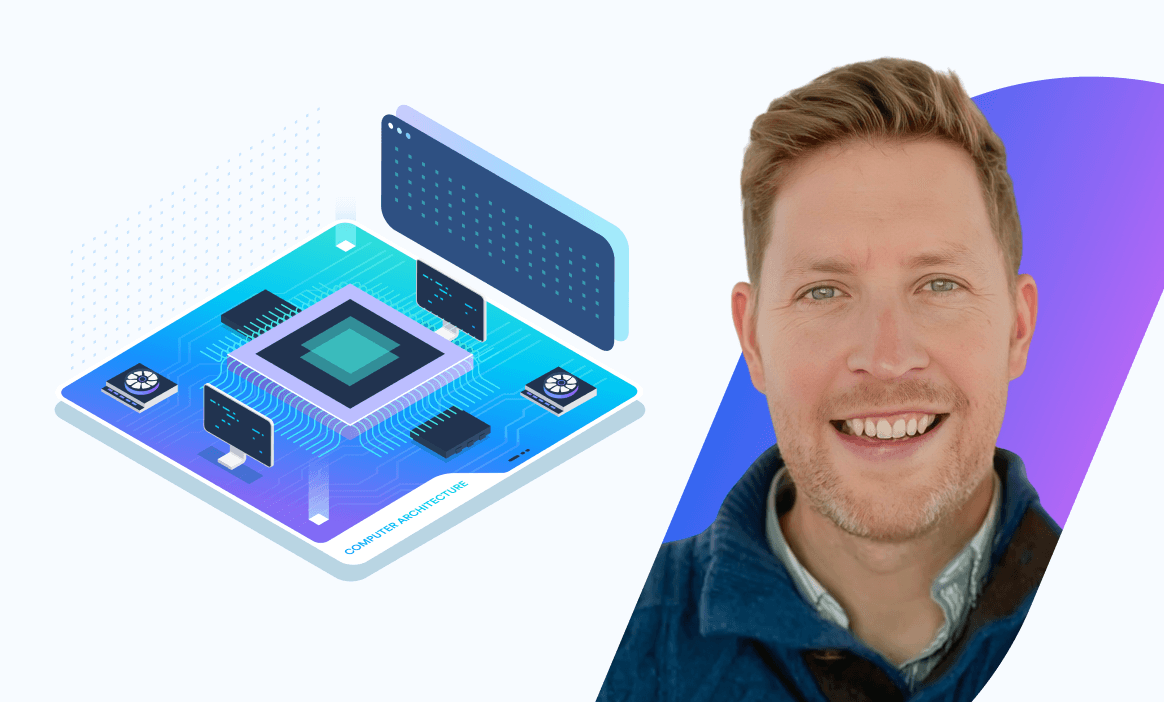
Operating Systems
Your operating system is the control center of your computer. Here, you’ll learn how it manages processes, memory, file systems, and user interfaces - plus how security keeps everything in check.
By the end, you’ll see your computer as more than a screen - you’ll see how it actually thinks.
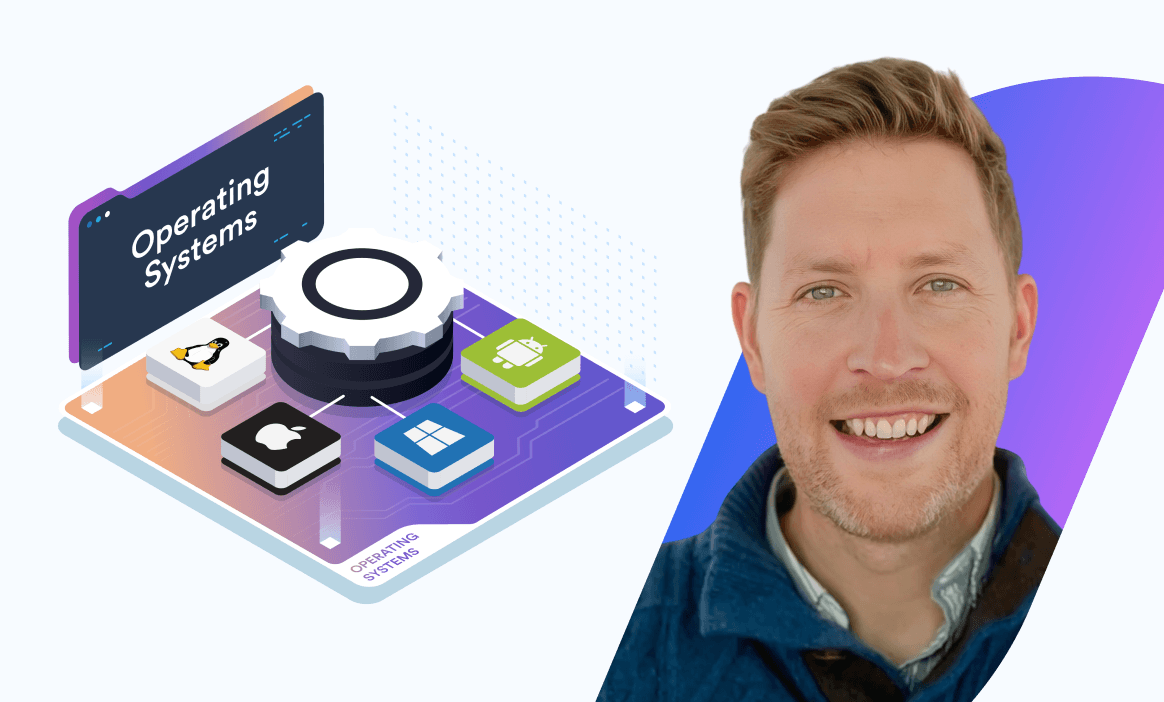
Networking and Communications
The internet isn’t magic. It’s networks talking to each other. Dive into protocols, routing, switching, wireless networks, and security principles.
You’ll finally be able to answer: “How does data really travel from my laptop to the other side of the world in seconds?”
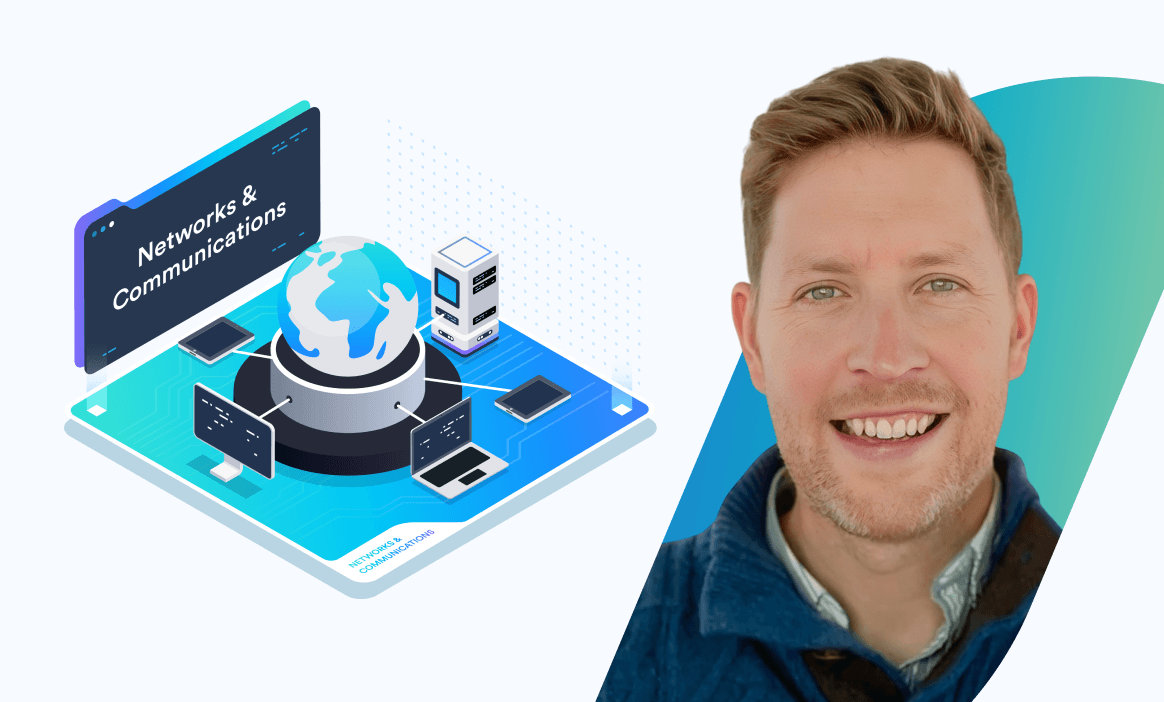
Virtualization and Containers
Welcome to the modern way apps are built and deployed. Learn about hypervisors, virtual machines, containerization, Docker, and Kubernetes orchestration.
You’ll discover why containers are everywhere - and why DevOps without them doesn’t exist.
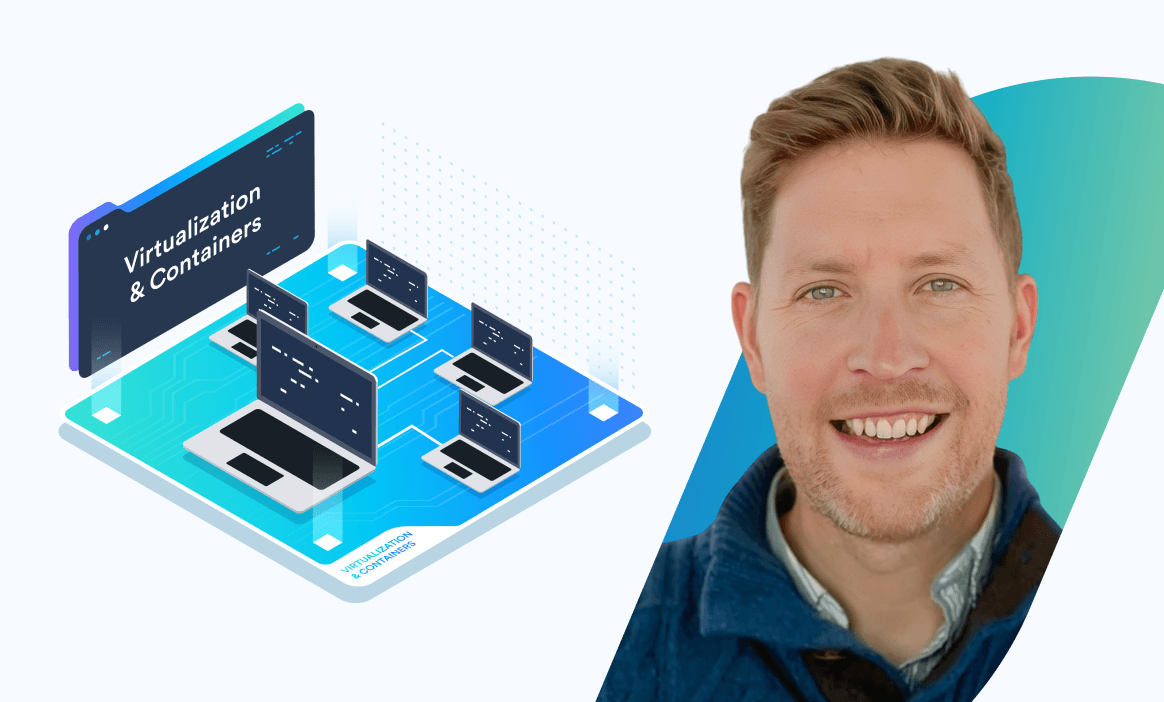
Mathematics for Computing
Don’t panic - it’s not boring math. This is the logic that makes computing possible. Vectors, matrices, probability, gradients, and even the math behind AI and machine learning.
Think of it as the secret language of computers - and now you’ll be fluent.
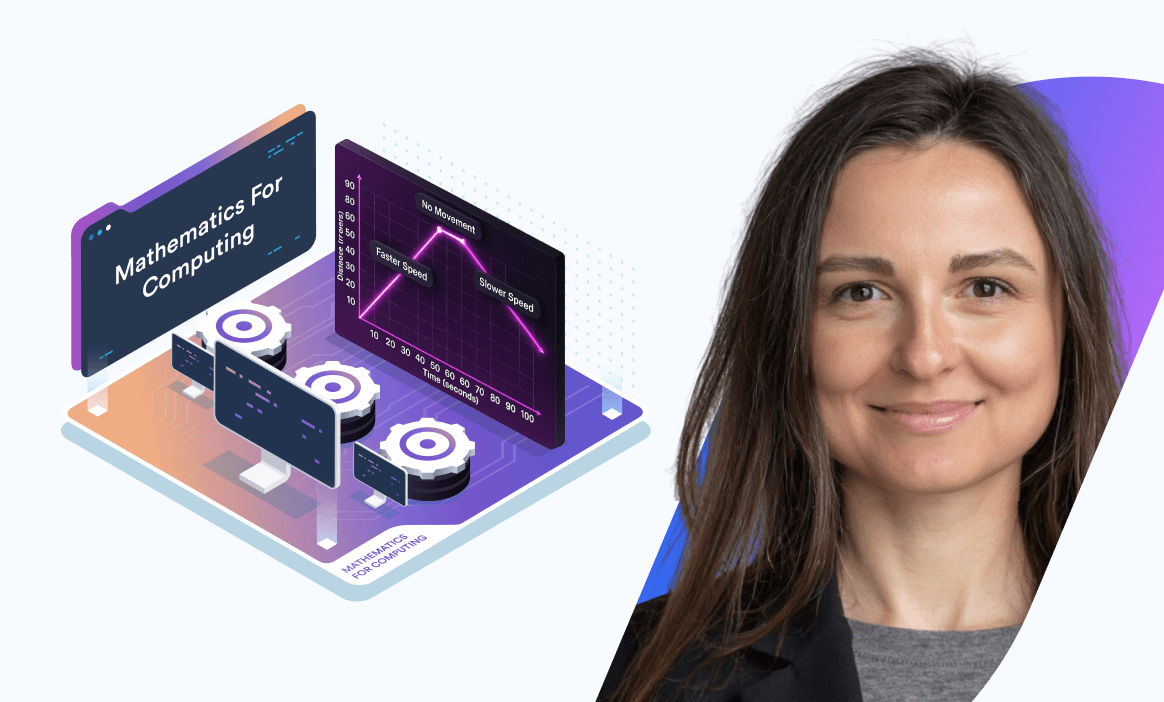
Databases
Every app needs a brain to store and recall information. That’s what databases do. From relational models and SQL to NoSQL, normalization, and security, you’ll learn how data powers everything around us.
After this, “databases” won’t just be a buzzword - you’ll know how they run the digital world.
This is the foundation every DevOps engineer, cloud architect, or software engineer wishes they had nailed down early.
Who This Path Is For
This isn’t just for IT students. It’s for anyone who wants to unlock the door to tech or build a strong base for a DevOps career:
- Aspiring DevOps engineers - Build the foundation you must have before diving into tools like Docker, Kubernetes, and Terraform.
- Absolute beginners - No IT background? Start here with confidence.
- Career switchers - Moving from a non-tech field? This bridges the gap.
- Students - Go beyond theory with hands-on labs and practical skills.
- Professionals - Need a refresher? Get back to your fundamentals fast.
Why This Matters for DevOps
DevOps isn’t just about tools - it’s about understanding how technology works at its core.
Without solid knowledge of operating systems, networking, containers, and databases, tools like Kubernetes, Docker, or Terraform will always feel confusing.
But once you’ve built the foundations, DevOps stops feeling like magic.
You don’t just use the tools - you truly understand them. And that’s the difference between struggling and excelling.
Imagine This
You start today with zero IT knowledge. Within weeks, you can:
- Take control of an operating system - not just click around, but actually understand how it runs and make it work for you.
- Decode the internet - finally grasp how networks move information across the world in seconds (and explain it to anyone).
- Launch apps inside containers - the same tech used by Google, Netflix, and modern startups to scale instantly.
- Master how databases run the world - see how WhatsApp stores your chats, how banks secure your money, and how every app you use relies on them.
Final Thoughts
For too long, learning IT has been overwhelming. But with KodeKloud’s IT Foundations Path, the impossible just became possible.
Whether you’re starting fresh, switching careers, or brushing up, this path gives you all the fundamental knowledge needed to grow into a DevOps engineer.
👉 Explore the IT Foundations Learning Path

Takeaway: Strong foundations make great engineers. Build yours today, and DevOps becomes your next step.
FAQs
Q1. Do I need prior IT experience to start the IT Foundations Path?
No. The path is designed for absolute beginners with no prior IT background. Each concept builds on the previous one, making it easy to follow even if you’re starting from scratch.
Q2. How is this different from learning IT through random tutorials on YouTube or blogs?
Random tutorials often cover isolated topics without context or order. The IT Foundations Path provides a structured, step-by-step journey—so you know what to learn first, what comes next, and how everything connects.
Q3. Why do I need to learn fundamentals like operating systems and networking before DevOps?
DevOps tools like Docker, Kubernetes, and Terraform rely on a deep understanding of operating systems, networking, containers, and databases. Without that foundation, the tools may feel like magic. With it, you’ll understand how and whythey work.
Q4. Is this path only for aspiring DevOps engineers?
Not at all. While it’s perfect for DevOps beginners, it’s also valuable for students, career switchers, IT professionals who need a refresher, and anyone wanting a strong technical foundation in IT.
Q5. How long will it take to complete the IT Foundations Path?
The timeline depends on your pace, but most learners can complete the fundamentals within weeks by dedicating a few hours each week. Since the path is self-paced, you control your speed.
Q6. Does the path include hands-on labs, or is it just theory?
It’s not just theory. The path includes quizzes and interactive games that let you practice concepts as you go, making learning more engaging and helping you retain knowledge effectively.
Q7. Why does the path include mathematics for computing? Isn’t that unnecessary for IT?
Mathematics provides the logical foundation behind computing, algorithms, and even AI. You won’t be solving calculus problems—you’ll be learning the logic, probability, and structures that power computing and modern IT systems.
Q8. How does this path prepare me for a DevOps career?
By covering computer fundamentals, operating systems, networking, virtualization, containers, mathematics, and databases, you’ll gain the essential base knowledge. Once you’ve mastered these, advanced DevOps tools and practices become much easier to understand and apply.
Q9. Can career switchers really use this path to break into tech?
Yes. The structured approach bridges the gap between non-technical backgrounds and IT. Many learners moving from other industries use it to confidently enter DevOps, cloud, or IT roles.
Q10. What will I be able to do after completing the IT Foundations Path?
By the end, you’ll:
- Understand how operating systems, networks, and databases work.
- Launch and manage applications inside containers.
- Decode how the internet and modern IT systems function.
- Be fully prepared to move into DevOps and cloud technologies.


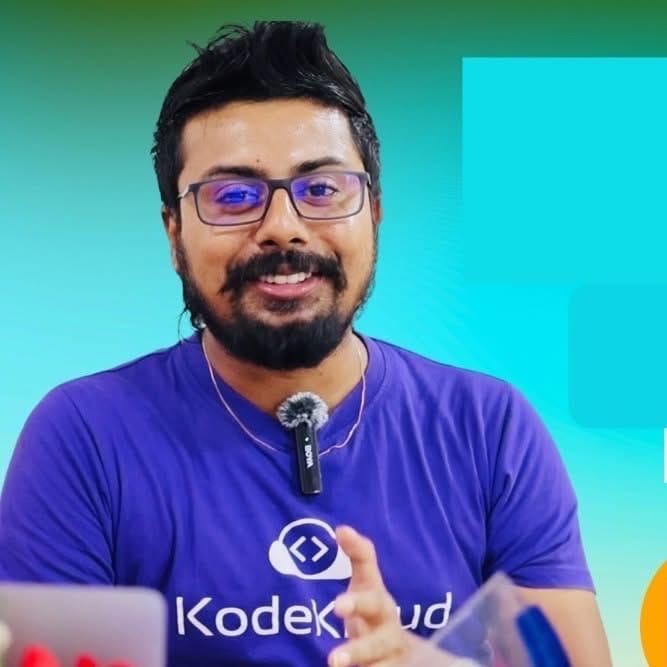
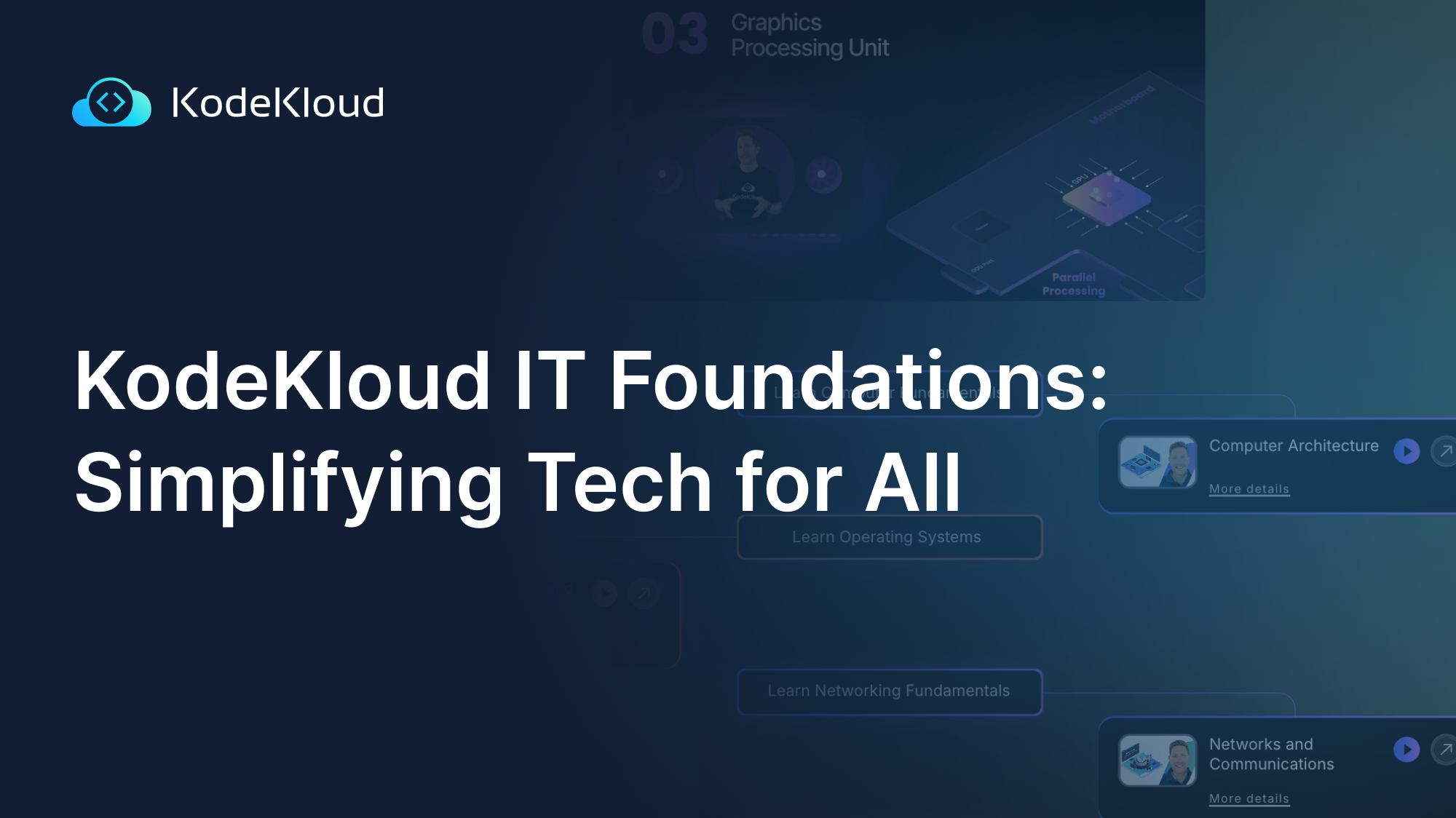






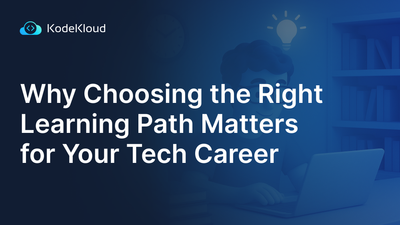
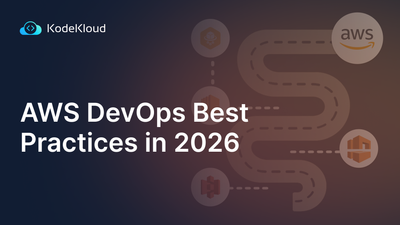
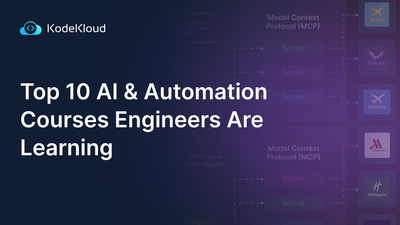
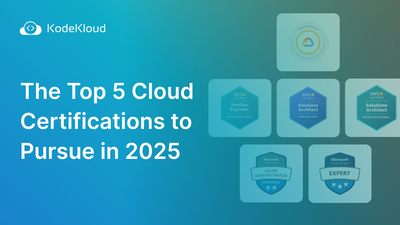
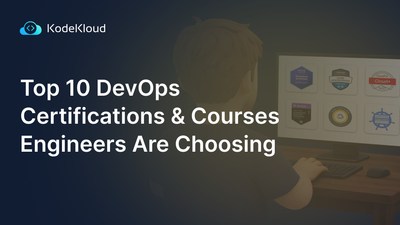
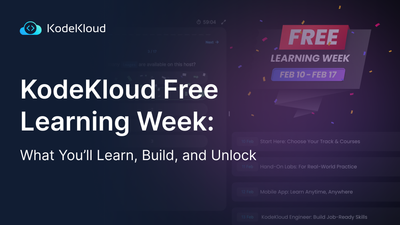

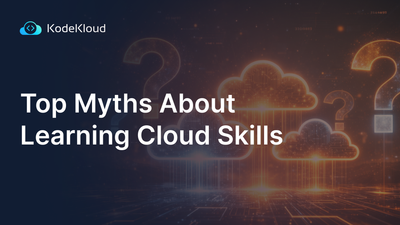
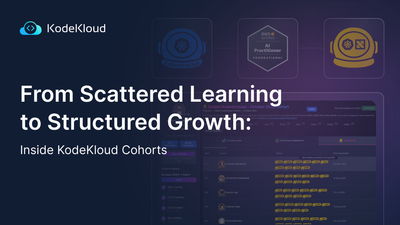
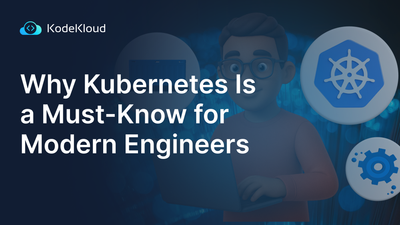
Discussion